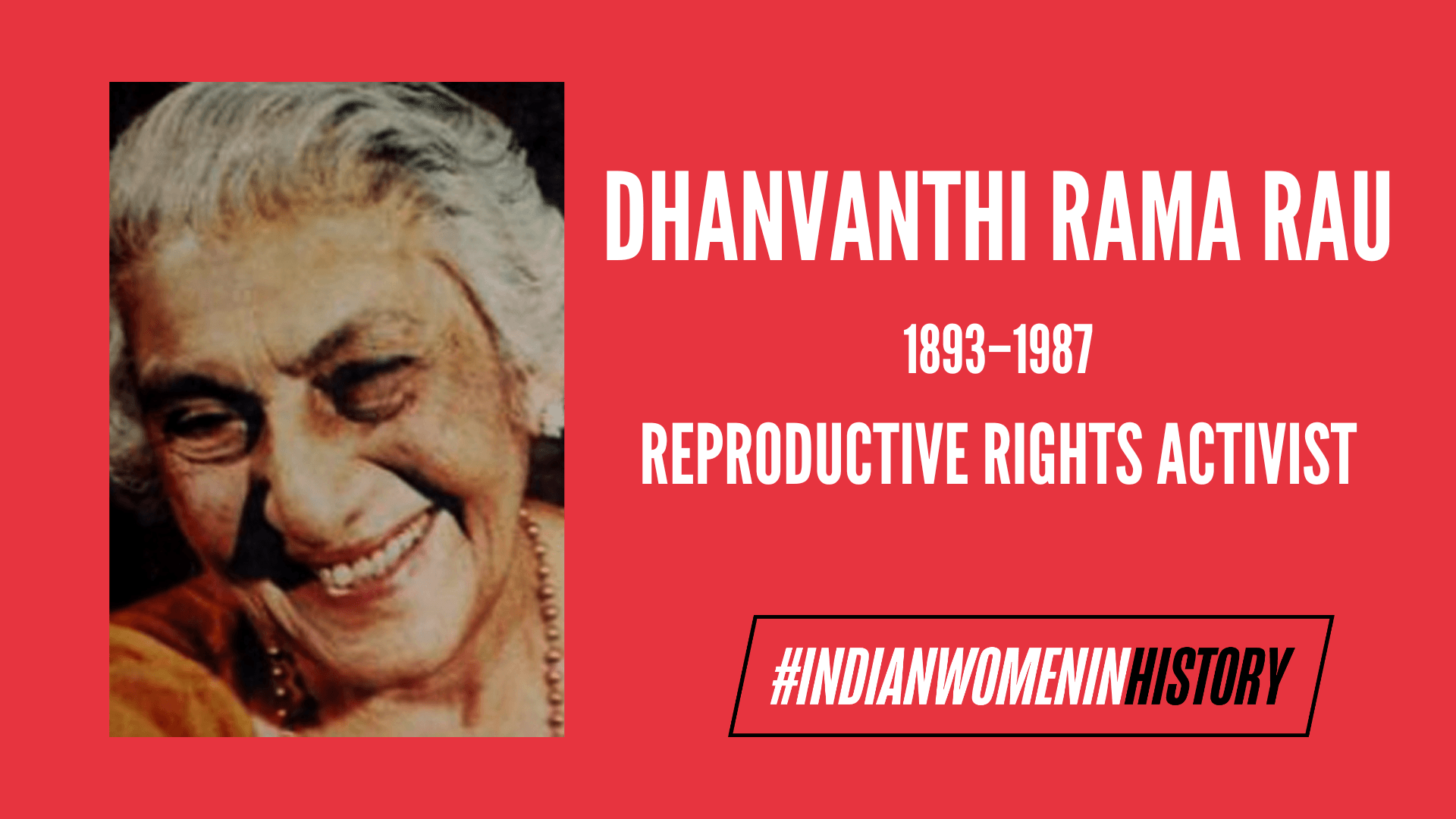In the years following India’s independence, concerns about economic growth and population control overshadowed those around personal freedom. Dhanvanthi Rama Rau dared to ask a radical question: what does freedom truly mean if women are denied control over their bodies? As a central figure in shaping the early reproductive rights movement in India, she worked at the intersection of public health, gender, and policy.
In 1949, she helped establish the Family Planning Association of India (FPAI) and, a few years later, co-founded the International Planned Parenthood Federation (IPPF) in 1952. Through these efforts, she created some of the earliest spaces in India to openly address women’s health and reproductive rights.
Her work took place around a time when discourses surrounding reproductive health and women’s autonomy were considered taboo and when women’s health was often used as a tool to serve the nation. Her efforts were significant because they brought attention to women’s health, particularly reproductive care.
However, the family planning movement was heavily criticised as well because of the state’s control over female autonomy – via the means of pressure and lack of informed consent. Today these still exist in discourses surrounding abortion, contraception, and reproductive justice.
To be born with a voice: Early life and education
Dhanvanthi Rama Rau was born on May 10, 1893, in Hubli, into a Kashmiri-Brahmin family. Her upbringing was influenced by her parents’ intense focus on education and service to society. The environment helped foster her interest in societal betterment and education.
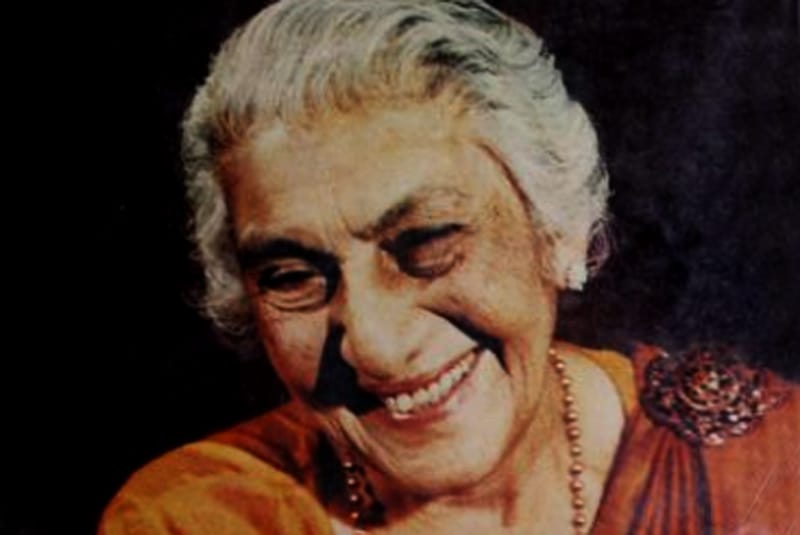
She completed her early education in Hubli before enrolling at Presidency College in Madras (now Chennai). There she earned an honorary degree and was awarded the Griggs Gold Medal in English. After graduating, she joined Queen Mary College in Madras, making her one of the first Indian women to do so.
In 1917, Dhanvanthi co-founded the Women’s Indian Association (WIA). The WIA focused on improving the socio-economic and political conditions of women at that time. This marked the beginning of her lifelong dedication to the reproductive rights movement in India.
Dhanvanthi’s education, along with her family’s deep commitment to public service, had a lasting impact on how she saw the world. Her privileged background with a strong sense of social responsibility laid the groundwork for her lifelong efforts to fight for women’s rights.
Bodies are not boundaries: Feminist awakening and activism
Her privileged upbringing gave her a voice, but it was through activism that her voice found its purpose. In 1917, she co-founded the Women’s Indian Association alongside notable figures like Annie Besant and Margaret Cousins. This effort marked a landmark moment in the early women’s movement in India. The WIA aimed to advance women’s education, promote suffrage, and raise awareness around social issues like child marriage.
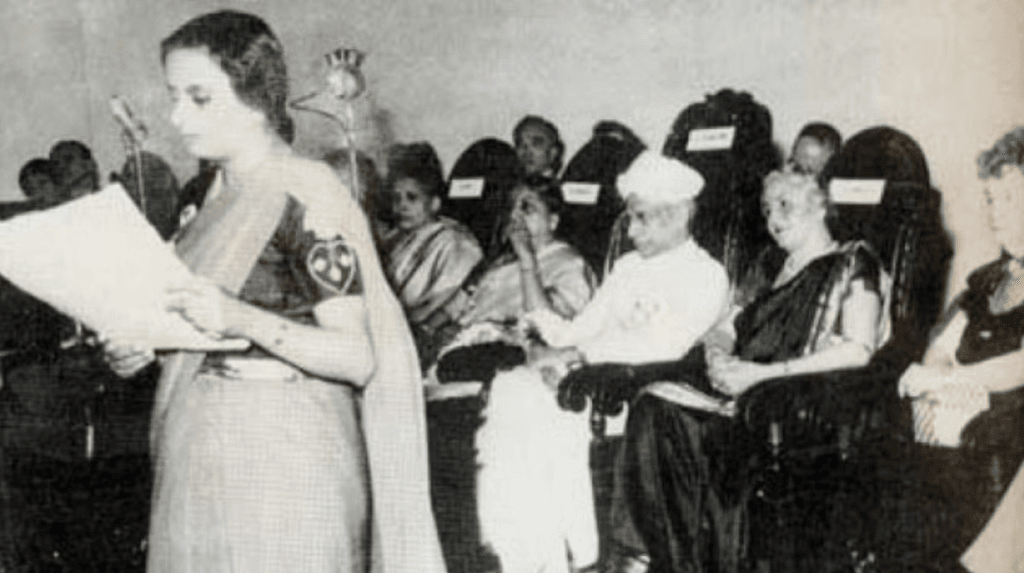
For Dhanvanthi, this was not just a social Women’s subjugation was deeply rooted in how their bodies were controlled and silenced. As she worked with women across the nation, she realised the right to vote and the study were incomplete without the right to one’s own body. The most private aspect of a woman’s life – her health and reproductive care – was the most socially policed. Dhanvanthi began advocating for freedom that extended beyond a classroom or voting booth but reached personal spaces of a woman’s life.
For Dhanvanthi, reproductive rights were not just a health issue– they were tied to autonomy, gender equity, and self-determination.
This led her to establish the Family Planning Association of India (FPAI) in 1949, initiating conversations around reproductive health and rights in a society where such topics were taboo. Her approach focused on informed choice rather than state-driven control.
In 1952, she co-founded the International Planned Parenthood Federation (IPPF), representing India in global efforts to promote inclusive and rights-based family planning politics. Her politics were quietly radical—insisting that care, consent, and agency belonged at the heart of health policy.
For Dhanvanthi, reproductive rights were not just a health issue– they were tied to autonomy, gender equity, and self-determination. Her profound belief in women’s right to choose laid the foundation for her legacy.
Family planning & global advocacy
India focused on “population control” post-independence, and reproductive rights became tied to development agendas rather than being centred around women’s rights. Dhanvanthi Rama Rau saw contraception as not just a health issue but a political one. For her, the right to contraception is about bodily autonomy, reproductive rights, and citizenship. She saw birth control as a tool for empowerment, not regulation.
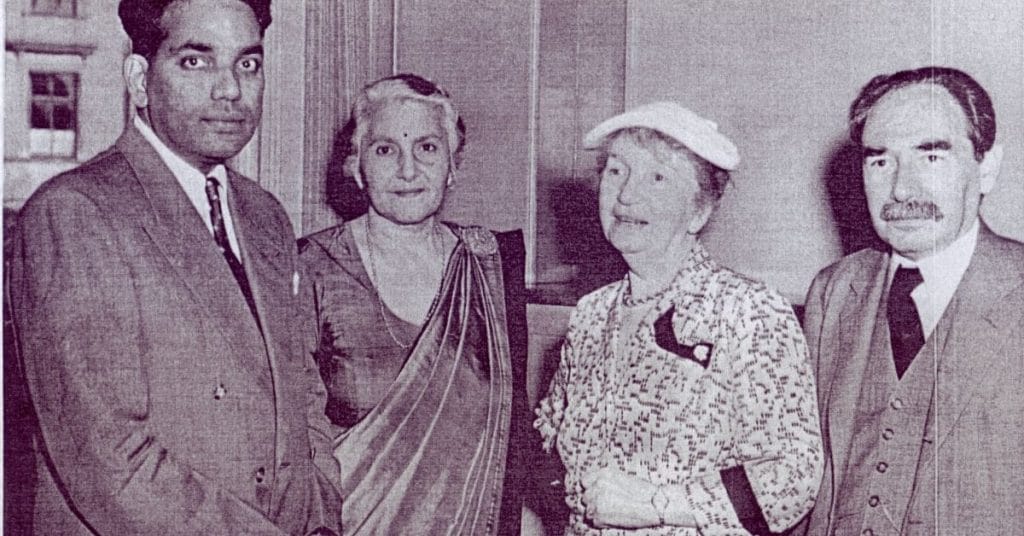
She argued that true citizenship entailed having the right to make decisions about one’s body, free from coercion or stigma. Her work emphasised education, informed consent, and community outreach –especially for marginalised women, who are often excluded from elitist feminist discourse.
Her early initiatives focusing on compassion and consent were slowly eclipsed by state-driven agendas. As the Family Planning Programme grew, it shifted focus from individual autonomy to demographic control, leading to coercive practice during the Emergency era. This revealed a tension at the heart of reproductive politics: when state-led initiatives claim to serve women, whose interests are really being served?
Dhanvanthi’s legacy reminds us that access alone is not empowerment– intent, method, and agency matter. Contraception in her hands was never neutral. It was and remains a feminist struggle over control, consent, and freedom.
Between autonomy and coercion: Critical reflections
Despite her pioneering role in shaping reproductive rights in India, Dhanvanthi Rama Rau’s name rarely appears in discourses surrounding feminism. Part of this stems from how the history of the Family Planning Programme unfolded– entangled with state control and coercive policies. But that legacy is not hers alone to carry. Rather, it reflects how easily a woman’s work, when complex and nuanced, is forgotten or flattened.
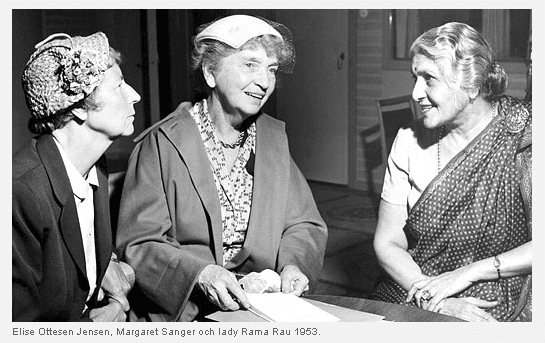
Dhanvanthi’s elite upbringing gave her access to influential policy spaces but also created a gap between her work and the lived realities of marginalised women. This duality shapes how she is remembered—celebrated internationally for her visionary activism, yet less acknowledged within later grassroots feminist circles in India. Yet, her work laid the intellectual and institutional groundwork for how we interact with bodily autonomy and reproductive rights today. The spaces she built allowed conversations about care, consent, and contraception to enter public discourse at a time when silence prevailed.
Remembering Dhanvanthi isn’t about celebrating a perfect legacy but about reclaiming a feminist legacy that dared to speak of consent, care, and bodily autonomy long before it was the status quo. Her vision may have been shaped by her time, but it planted questions that still demand answers.
Dhanvanthi Rama Rau’s life was a testament to quiet resistance. She navigated a deeply patriarchal and postcolonial society to carve out space for radical ideas that a woman’s body belonged to herself. Her approach to reproductive rights was not loud but rooted in persistent and structural work, including shaping discourse and challenging cultural taboos.
Her story reminds us that the fight for bodily autonomy is about consent and care and not just about access. While the trajectory of family planning in India leaned towards state control and coercion, her vision centred on informed choice. The tension between individual agency and institutional control still echoes in the contemporary conversation surrounding reproductive rights.
Feminist progress doesn’t only happen at the margins; it can also come from those who persistently work to bring about a change. Her fight was not only against silence; it was for a world where women wouldn’t need permission to make decisions about their bodies. She imagined a future where agency was not granted but assumed.
About the author(s)
Juhi Sanduja is an Editorial Intern at Feminism In India (FII). She is passionate about intersectional feminism, with a keen interest in documenting resistance, feminist histories, and questions of identity. She previously interned at the Centre of Policy Research and Governance (CPRG), Delhi, as a Research Intern. Currently studying English Literature and French, she is particularly interested in how feminist thought can inform public policy and drive social change.
